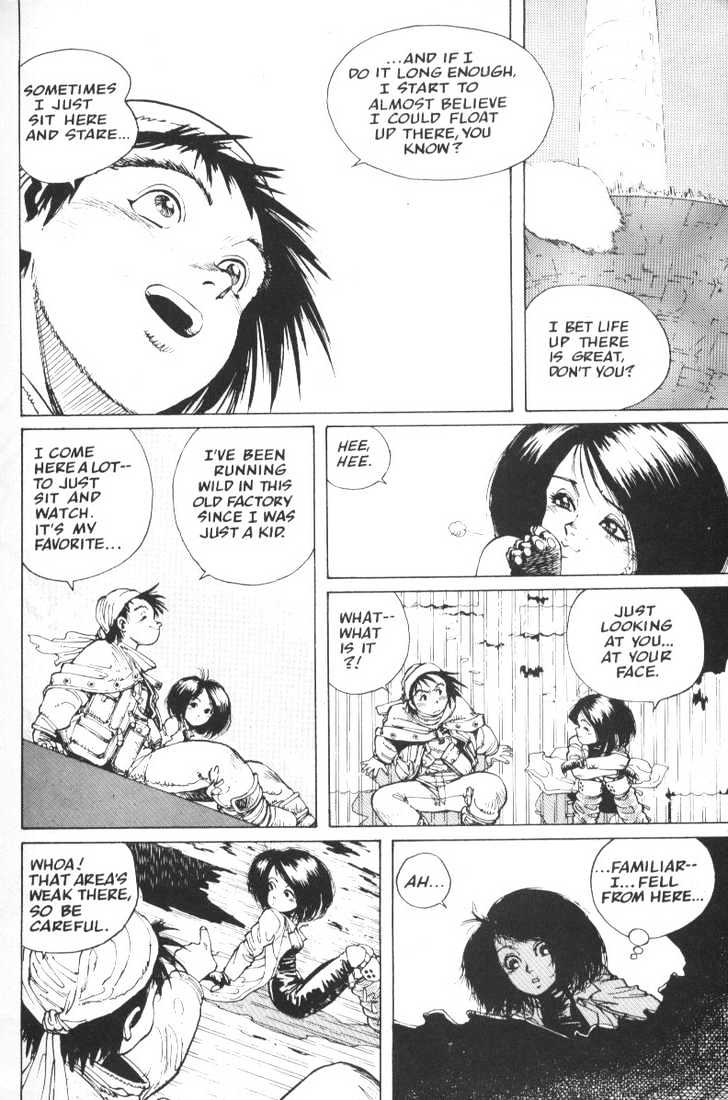Alita: Battle Angel is the latest effort to bring Japanese manga/anime to the big screen. The film has been in development hell since the year 2000, ever since Guillermo Del Toro introduced the property to James Cameron, who flew all the way to Japan hot off the heels of his release of Titanic in order to personally ask the manga’s author to provide his blessing for a film adaptation. After numerous delays, Cameron eventually realized his true calling would be to make endless films in the Avatar universe and passed the torch to Robert Rodriguez (who cemented himself with the comic-book adaptation of Sin City). After nearly 19 years, the film has finally released, and it has been the most well-reviewed manga adaptations that have come from Hollywood. Which sure, isn’t saying much but despite being condensed, the film is an incredibly faithful interpretation of the source material. Translating the soul of the manga’s philosophies, as much body horror as the MPAA will allow with a PG-13 rating, and including the story’s most touching moments eloquently.
Yet strangely, this leaves the source material itself being its worst adaptation (hear me out). When I first read Battle Angel Alita by Yukito Kishiro it was as an adolescent via my local library, I was enamored by the action-heavy female-led comic which was then distributed by Viz Media. I was moved by the thoughtful and tender character moments that were wrapped within the pages. It was also the first pieces of media I had ever experienced that philosophically posed the question “can artificial intelligence be so human in terms of empathy and understanding that it surpasses even our own humanity?” A question which I would then revel in with my favorite book ever Frankenstein, and my favorite film Blade Runner.
So, fueled by hype for the new film, I purchased the first two volumes for Alita (courtesy of Kodansha comics) that came with a beautiful hardback that has gorgeous art in a format that completely represents the manga in the best way possible. It’s unflipped, the sound effects are in the original katakana, the glossy pages accentuate the detail. Yet, I’ve realized that this manga is tainted by a fundamental change that has otherwise undermined the entire experience.
The following excerpt is taken from Alita first meets an orphan named Hugo. As Hugo gushes about Zalem, the floating city that hovers over the desolate scrapyard that Alita and Hugo call their home. This is the ORIGINAL TRANSLATION from Viz Media:

In comparison, here’s the NEW TRANSLATION from Kodansha:

Apart from the visual differences, which are mostly due to how difficult it was to find an original copy of the Viz manga. The subtext of the story is removed and refutes the groundwork of which the unconventional romance plot is built. In his seminal essay on ‘The Task of the Translator’ (1923), Walter Benjamin distinguished between the sense and form of the source text. So, when translating stories, it’s important to not just write down what the words mean in another language but it’s also reliant on the translator to impart the heart and soul that was found within the original.
Basically, what should be the otherwise definitive way to experience the story, had me scouring old Mangascan websites to retain the same caliber of emotional storytelling that I found in the original. Which is the worst part of this, there really isn’t any way to experience this without piracy. Which, if you’re like me and want to make sure that the creator gets the support they deserve, you must settle for a subpar version since the original Viz manga is out of print.

As someone who appreciates good writing, storytelling, etc. I find myself frustrated with these sorts of dilemmas. Obviously, I’m not going to tell people that they should break the law and stealing a copy of the manga from the internet, but what if individuals are settling for a stripped-down version of what I’m praising. The consumer shouldn’t be punished for wanting to make ethical choices. Obviously, this is the set-up for a larger discussion, one that highlights an industry that has been punishing its creators for longer than it has had any right to. Regardless, just know that should you want to experience Alita’s full story after watching her new film, you’ll be missing out greatly if you don’t break the law.
And that’s not okay
